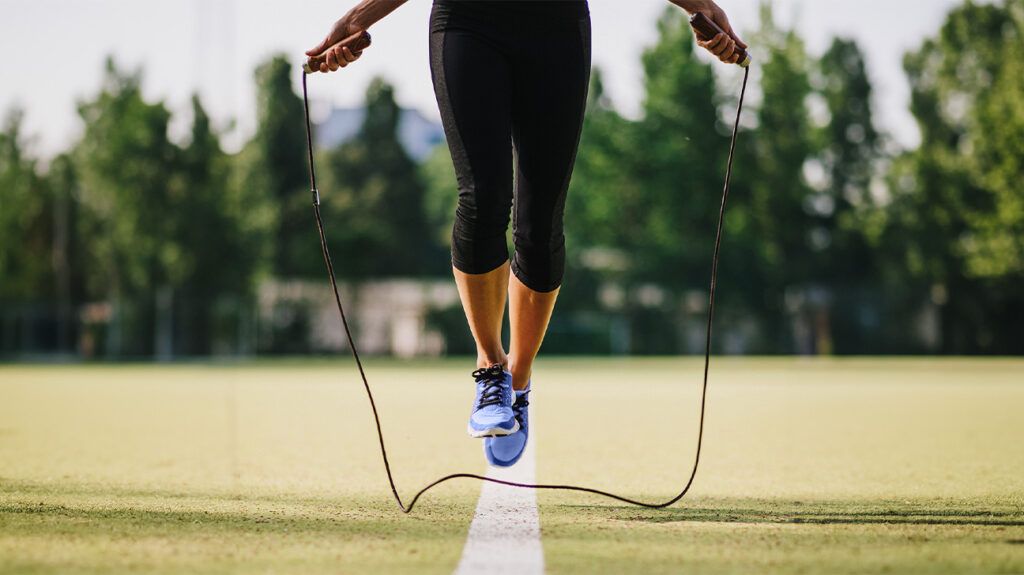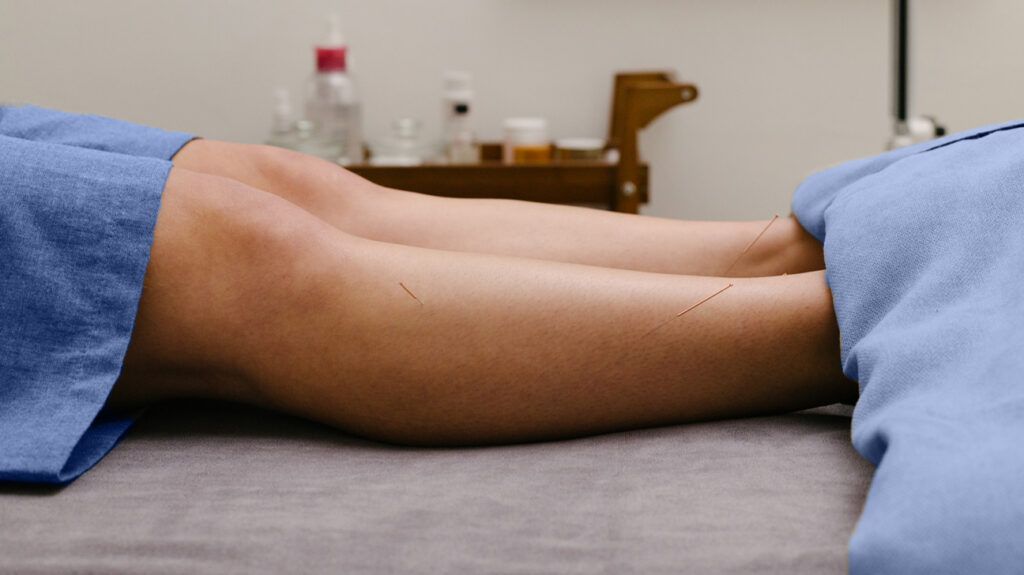HealthEINews International Health News
Search Result For: sti

Date: 2024/11/03 - 00:50
Aerobic exercise may prevent ‘brain fog’ after chemotherapy for breast cancer
Women undergoing chemotherapy for breast cancer, who also began an aerobic exercise program at the same time, reported significant improvements in both cognitive function and quality of life.








